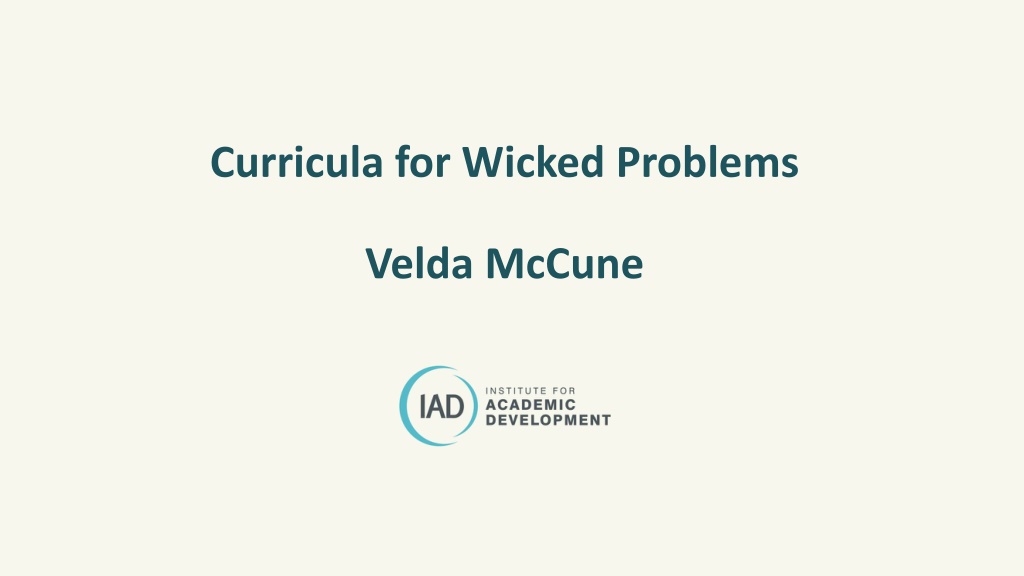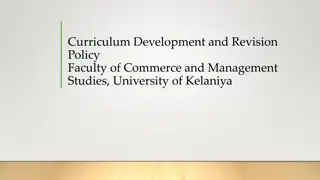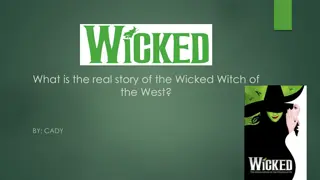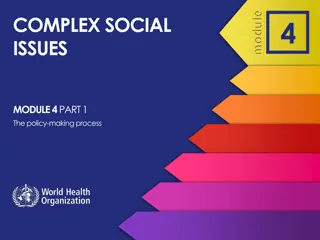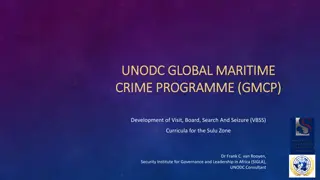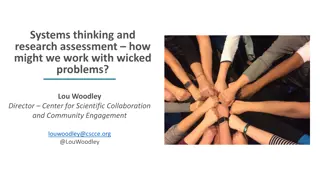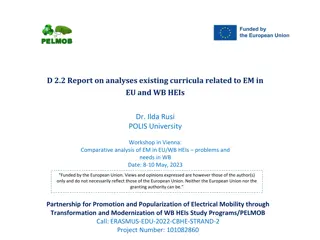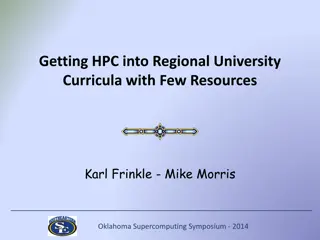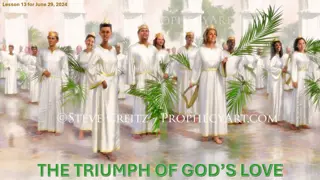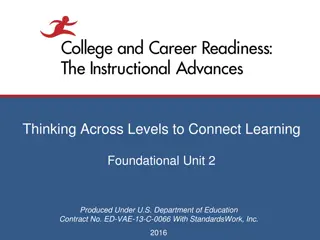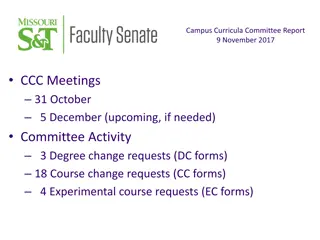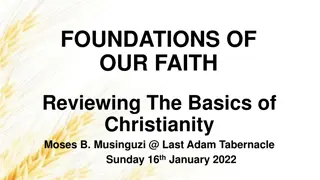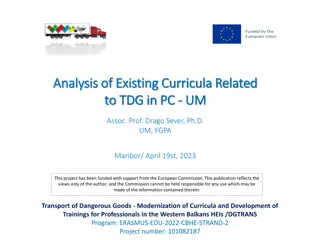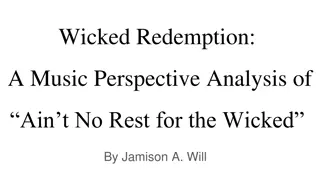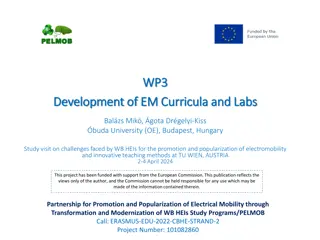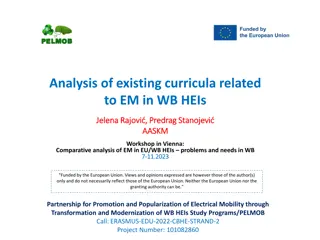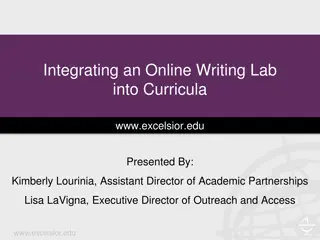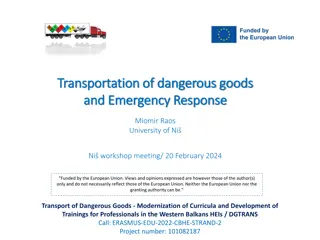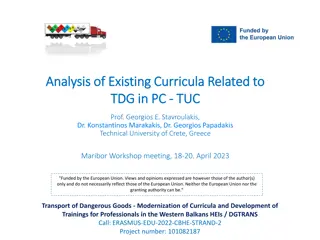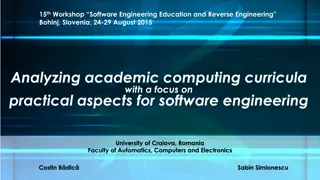Exploring Curricula for Wicked Problems in Education
Delve into the realm of wicked problems in education through a diverse interdisciplinary lens, examining the challenges posed by issues like health inequality, climate change, and conflict. Discover how educators navigate these complexities to equip students in handling such intricate problems effectively.
Download Presentation

Please find below an Image/Link to download the presentation.
The content on the website is provided AS IS for your information and personal use only. It may not be sold, licensed, or shared on other websites without obtaining consent from the author. Download presentation by click this link. If you encounter any issues during the download, it is possible that the publisher has removed the file from their server.
E N D
Presentation Transcript
Curricula for Wicked Problems Velda McCune
Wicked problems Messy, ill-defined, dynamic Incomplete or contradictory information Multiple stakeholders, incompatible perspectives Interconnected with other problems Health inequality, climate change, conflict ... (Rittel and Weber)
The wicked problems project http://www.wickedproblems.ed.ac.uk/ 35 university teachers across subject areas Semi-structured interviews How do teachers facilitate students capabilities to handle wicked problems? (Velda McCune, Rebekah Tauritz, Sharon Boyd, Andy Cross, Pete Higgins) With thanks to the Principal s Teaching Award Scheme
Inspiration Sociocultural perspectives Near Future Teaching https://www.nearfutureteaching.ed.ac.uk/ Barnett and Coate Haraway ETL Project https://www.etl.tla.ed.ac.uk/
How to frame curricula? Inextricably inter-related ... knowing understanding becoming-with practising
How to frame curricula Dualities supportive and challenging situated in a subject area and crossing boundaries can you think of more ...? (with thanks to Charles Anderson)
Communities and curricula What community frames the: becoming? understanding? doing? Our participants courses often worked across communities Working toward partially shared understanding
Building blocks for curricula for wicked problems Many possibilities ... authentic dialogic contemplative participatory more ...
Some final reflections Not-yetness in curriculum design A coherent palette across programmes Scaffold engagement with what makes for good assessed work Inclusive design (Ross and Collier, and with thanks to Jon Jack)
